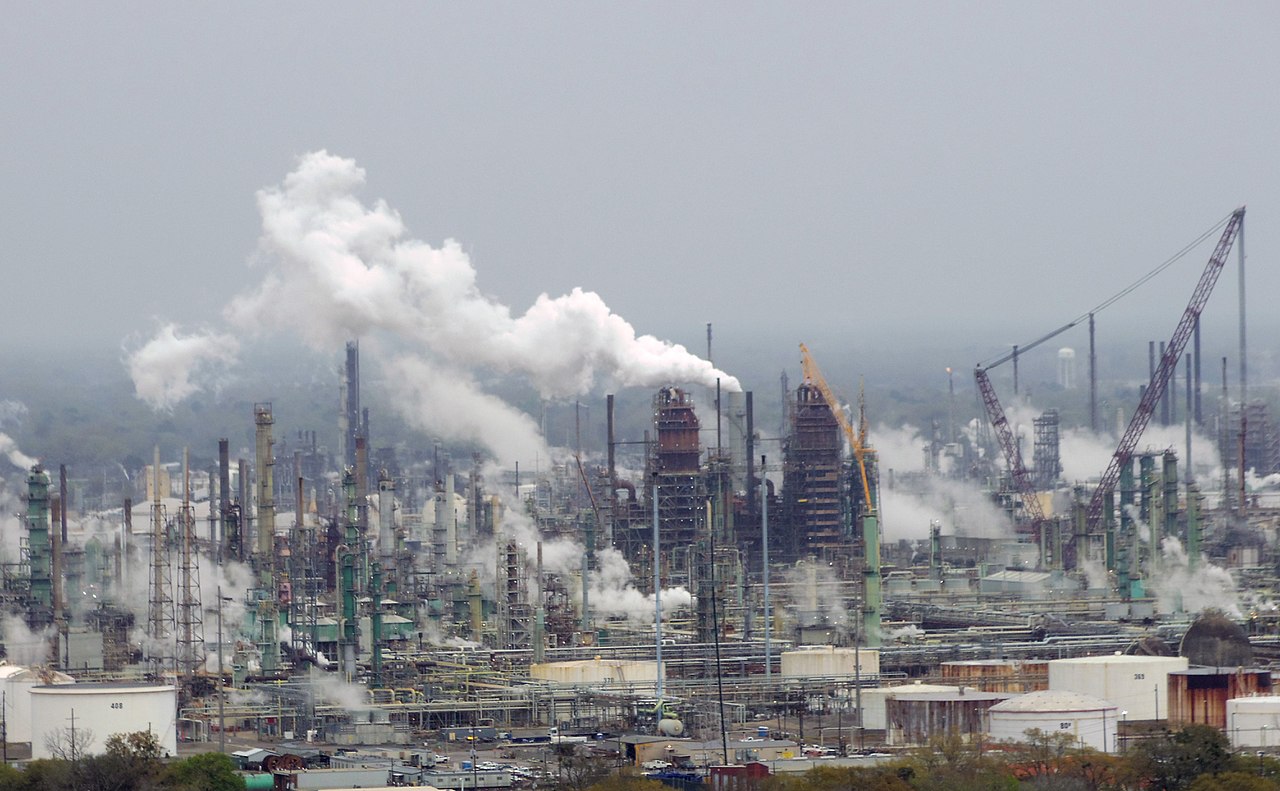
A new report from the Department of Energy’s Energy Information Administration (EIA) shows that net income for oil and gas companies hit a five-year high last year – in stark contrast to claims of “hardship” oil giants have used to skirt America’s biofuel laws.
According to the report, “2018 was the most profitable year for these U.S. oil producers since 2013, despite crude oil prices that were lower in 2018 than in 2013 on an annual average basis.” On cost per barrel of oil equivalent (BOE) basis, “expenses for these 43 companies averaged $48/BOE in 2018, the lowest amount from 2013 to 2018.”
So with costs down and profits up, it’s hard to imagine how multibillion-dollar oil corporations like Exxon Mobil and Chevron were able to claim “disproportionate economic hardship” – a prerequisite for their refineries to secure special exemptions from the Environmental Protection Agency (EPA). Exemptions in hand, these refiners were permitted to replace 2.6 billion gallons of homegrown biofuels with more petroleum.
Worse, it’s hard-pressed rural families who are paying the price for these record profits. Thanks to EPA exemptions, U.S. ethanol consumption recently fell for the first time in 20 years. Across the heartland, many biofuel plants have shut their doors or idled production. Farm income plummeted $11.8 billion over just the last three months, the steepest drop since 2016.
The numbers are clear. The “economic hardship” is happening in America’s farm belt – not in oil company boardrooms. It’s time for the EPA to fulfill the president’s promises to rural America and restore the market promised to America’s biofuel producers.